Nicholas Rombes - The Absolution of Roberto Acestes Laing
Здесь есть возможность читать онлайн «Nicholas Rombes - The Absolution of Roberto Acestes Laing» весь текст электронной книги совершенно бесплатно (целиком полную версию без сокращений). В некоторых случаях можно слушать аудио, скачать через торрент в формате fb2 и присутствует краткое содержание. Жанр: Современная проза, на английском языке. Описание произведения, (предисловие) а так же отзывы посетителей доступны на портале библиотеки ЛибКат.
- Название:The Absolution of Roberto Acestes Laing
- Автор:
- Жанр:
- Год:неизвестен
- ISBN:нет данных
- Рейтинг книги:5 / 5. Голосов: 1
-
Избранное:Добавить в избранное
- Отзывы:
-
Ваша оценка:
The Absolution of Roberto Acestes Laing: краткое содержание, описание и аннотация
Предлагаем к чтению аннотацию, описание, краткое содержание или предисловие (зависит от того, что написал сам автор книги «The Absolution of Roberto Acestes Laing»). Если вы не нашли необходимую информацию о книге — напишите в комментариях, мы постараемся отыскать её.
— "I very much enjoyed this weird, disturbing, sometimes effed-up novel about strange films, lost films, and the fragile faith in the difference between our fictions and our realities."
— Jeff VanderMeer, "Kafka directed by David Lynch doesn’t even come close. It is the most hauntingly original book I’ve read in a very long time. Nicholas Rombes'
is a strong contender for novel of the year."
— "Excellent and nightmarish… Rombes’s novel is a love letter to this art of misremembering: these “destroyed films” become as real as any film playing in a theater near you."
— "Like a cross between Paul Auster's
and Janice Lee's
is at once smart and slyly unsettling. It is expert at creating a quietly building sense of dread while claiming to do something as straightforward as describe lost films — like those conversations you have in which you realize only too late that what you actually talking about and what you think you are talking about are not the same thing at all. With Rombes, Two Dollar Radio deftly demonstrates why it is rapidly becoming the go-to press for innovative fiction."
— Brian Evenson
"This hallucinatory and terrifying secret history of film is so meticulously researched and gorgeously written that I wonder if, in fact, Nicholas Rombes has uncovered a lost trove of works by David Lynch, Orson Welles, Antonioni and Jodorowsky somewhere in the California desert.
is post-modern noir at its best: beautiful and nightmarish by turns. I read it late into the night and couldn't put it down."
— Elizabeth Hand
"Suffused with the best elements and obscure conspiracies of Bolaño, Ligotti and speculative fiction, Rombes' work gnaws away at the limits of what a novel looks like. Through the writing of films that never existed, it finds a space at once eerily familiar and entirely of its own."
— Evan Calder Williams
In the mid-'90s a rare-film librarian at a state university in Pennsylvania mysteriously burned his entire stockpile of film canisters and disappeared. Roberto Acestes Laing was highly regarded by acclaimed directors around the globe for his keen eye, appreciation for eccentricity, and creativity in interpretation.
Unsure at first whether Laing is a pseudonym or some sort of Hollywood boogeyman, a journalist manages to track the forgotten man down to a motel on the fringe of the Wisconsin wilds. Laing agrees to speak with the journalist, but only through the lens of the cinema. What ensues is an atmospheric, cryptic extrapolation of movies and how they intertwine with life, and the forgotten films that curse the lost librarian still.
Nicholas Rombes
Ramones
10/40/70
Believer, Filmmaker Magazine
Los Angeles Review of Books, n+1
Rumpus
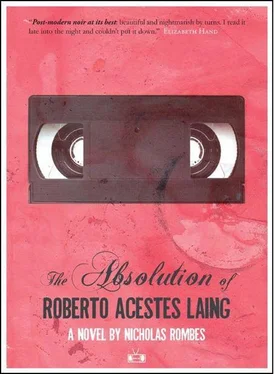
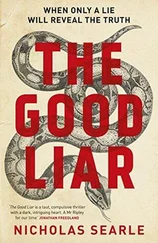
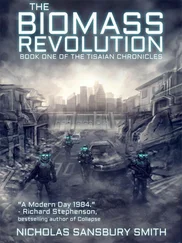



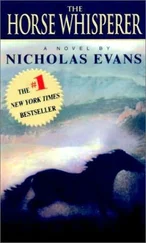
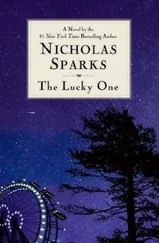




![Nicholas Timmins - The Five Giants [New Edition] - A Biography of the Welfare State](/books/701739/nicholas-timmins-the-five-giants-new-edition-a-thumb.webp)